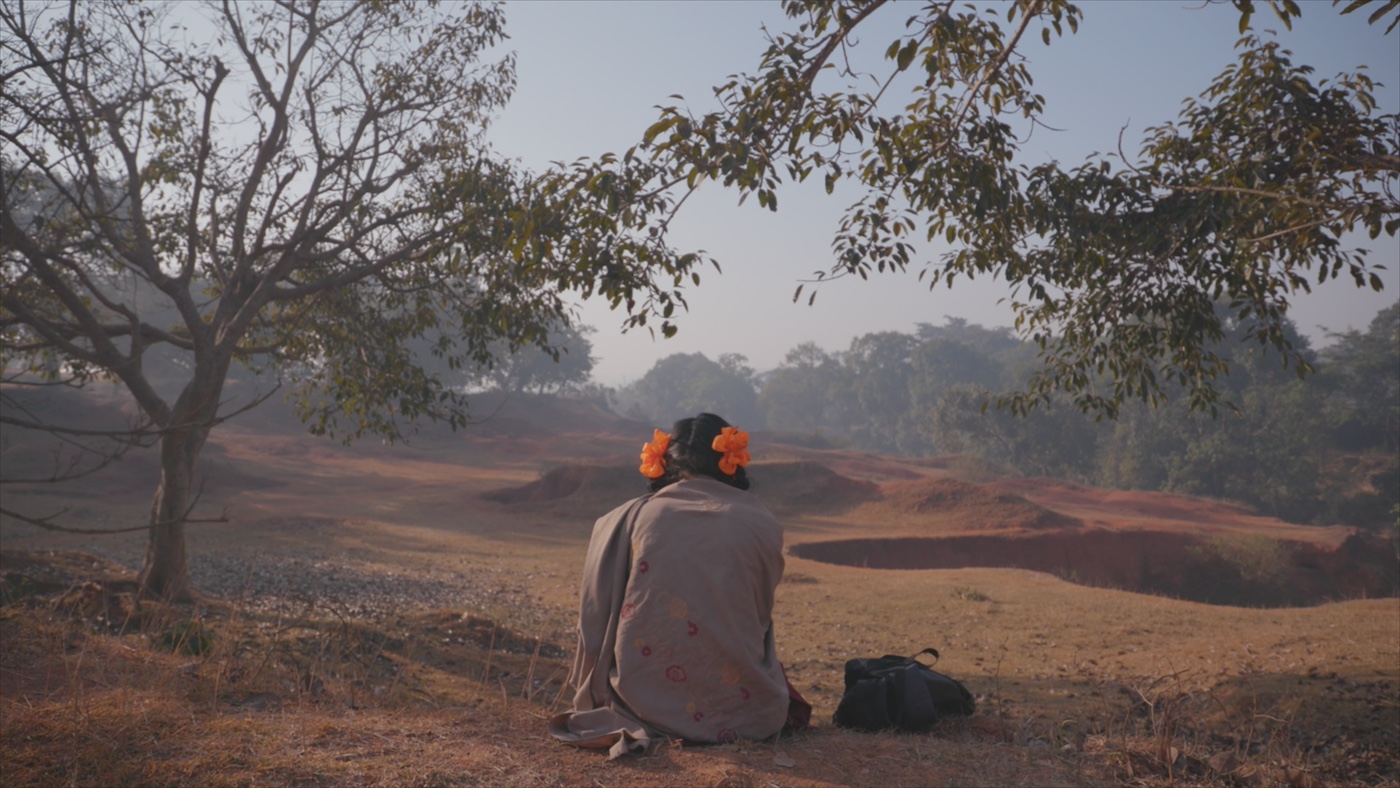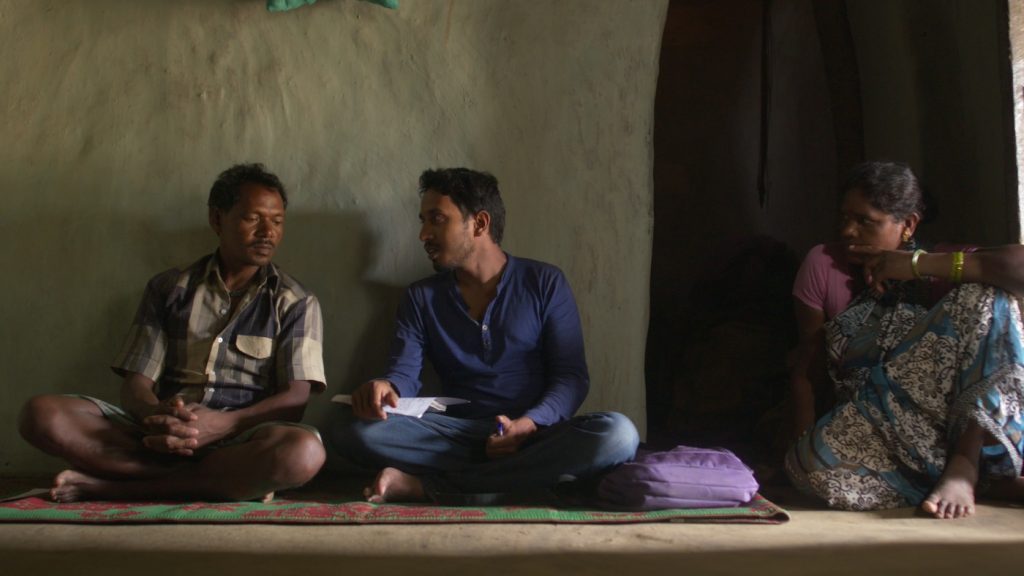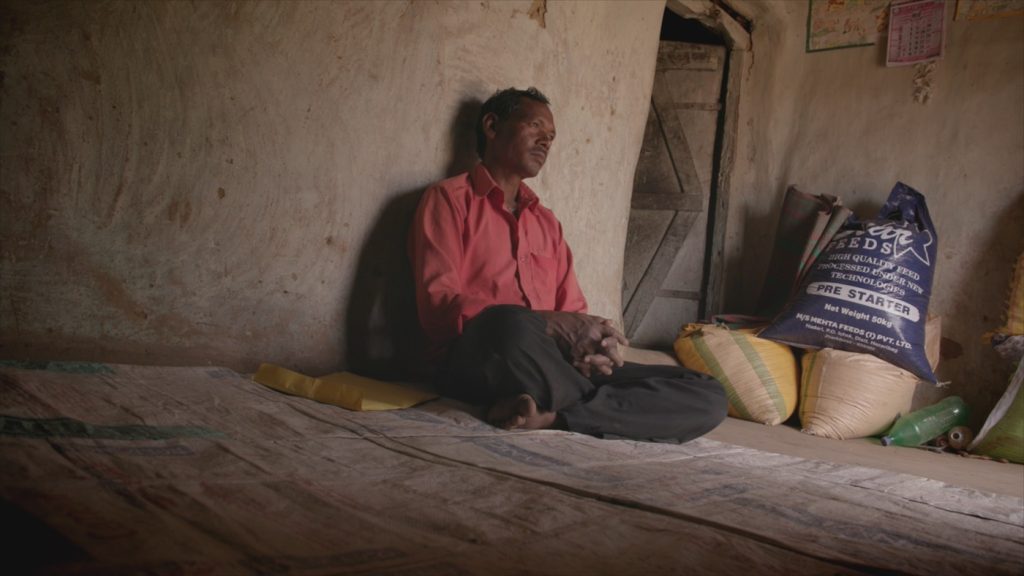
One of the year’s Oscar Cinderella stories is the best documentary nomination for director Nisha Pahuja’s To Kill a Tiger. It took Pahuja and her small crew eight years to complete their independent film about a father’s fight for justice after three men abducted his 13-year-old daughter and sexually assaulted her in a poor rural village in India.
“It has not quite hit me yet,” says Pahuja of what will be her first-ever trip to the Oscar ceremony on March 10. “An awards campaign never figured into what I was trying to achieve or what I was aiming for. This is a small, independently funded production without a major studio or streamer behind it.”
But critical acclaim and a host of festival awards gave To Kill a Tiger momentum even though the Indian-born Canadian filmmaker says her goal was always “about impact. How do we use this film to make change? How do we use this film to advocate for survivors of sexual violence? And how do we use it to encourage men to stand with women and girls? That was always the intention,” Pahuja says.

To Kill a Tiger follows Kiran (her pseudonym in the film) and her parents as they seek justice for the assault with the assistance of activists from the Srijan Foundation, an advocacy organization. The focus becomes Kiran’s father, Ranjit, who, out of love for his daughter, goes against the tribalist, deeply patriarchal culture that blames the victim, with one villager even suggesting that Kiran marry one of her assailants in order to keep the peace.

The film began, says Pahuja, as a look at toxic masculinity (that footage will be used for another upcoming film). But gradually, Ranjit’s determined quest for justice and Kieran’s courage in standing up to entrenched misogamy emerged as a specific narrative with universal themes.
“As far as I’m concerned, there’s not a woman or girl on the planet who hasn’t been afraid that this could happen to her. That fear is there for all of us, so I knew that aspect. But, for me, what was so interesting and universal was the hero’s journey. It’s a real David and Goliath story that made it universal, as well as the extraordinary love [Ranjit] has for his child, what he would do for his daughter, battling obstacles outside himself, but also internally: his own fears and insecurities. Those elements made it feel almost narrative, like fiction,” she says.
Over time, Pahuja and her small crew, which included her DP and husband, Mrinal Desai, and their regular sound recordist in India, Anita Kushwaha, achieved trust and intimacy with the family. But the film also gives the antagonistic villagers their say and never demonizes them despite their troubling views minimizing sexual assault. “Because I’ve spent so much time in India and I come from that culture, I am familiar with those attitudes. It’s not a surprise to me; they don’t anger me anymore. I’ve heard them so many times,” says Pahuja. “It is a problem, but what is the solution? How do we change this mindset, this culture? So I focus on that. I saw it from their perspective. I was this outsider, this foreigner coming in and disrupting the peace, order, and how things function there. I can completely understand their anger and frustration because from their perspective, just as Ranjit and his wife loved their daughter and were fighting for justice, those families loved their sons and were fighting to protect them and to keep the peace.”
In one jarring scene, some village leaders invade Ranjit’s home, threaten the filmmakers, and try to intimidate them into leaving. The moment underscores the high stakes for both the family and their allies.
“I was scared, but more than fear, it was the sense of guilt and shame and remorse I felt at creating a situation like this,” Pahuja says. “I could have removed those scenes from the film; it would not have affected the story. But the idea of us as a crew and the effect we were having and the impact on the story — that we had become part of the story — was so critical to the film. It makes the film more interesting and forces all of us, as creators of documentaries and as consumers of documentaries, to ask certain questions about [our roles]. I don’t believe we should not do the things we do as filmmakers because so many of us are motivated by change and justice in improving human rights. But, over the course of making this film, I was really forced to confront my privilege and my responsibility.”

It is gratifying to Pahuja that Ranjit and his family have embraced the film. But more surprising is that some villagers who initially opposed them have also responded positively.
“The family came to the UK for screenings in London and Birmingham. That was just incredible for everyone: the audience, me, and them. I will never forget that night,” she says. “Then I showed it to others [from the village] because we are doing a big impact campaign with the film, and we want to start it in the community itself. As much as we can, we want to ensure the rift has healed. It’s been six years now. The ward member who is supposed to testify [against the family] loved the film. He said afterward he felt ashamed of himself because he didn’t stand up for the family. He explained he was under pressure and was trying to keep the community together.”
It will also be especially rewarding for Pahuja if Ranjit is able to attend the Oscar ceremony with her. “He will come if we’re able to get his visa on time. I feel, in a way, he and the family are why we are there,” she says. “If it weren’t for their bravery and their courage, we would not have this story in the world.”
This article was first published on The Credits